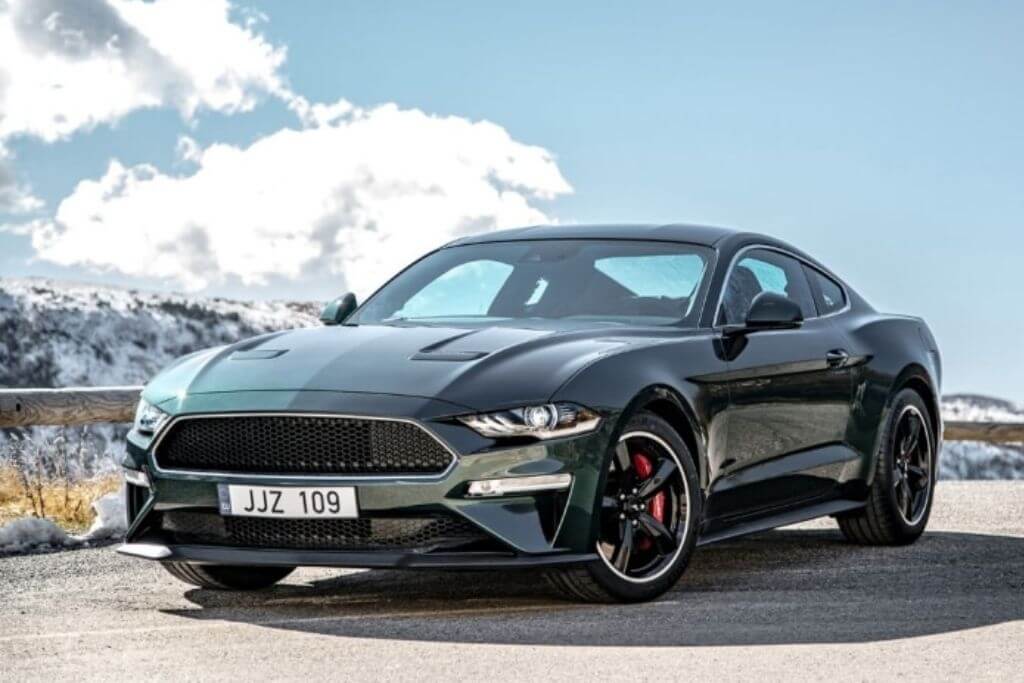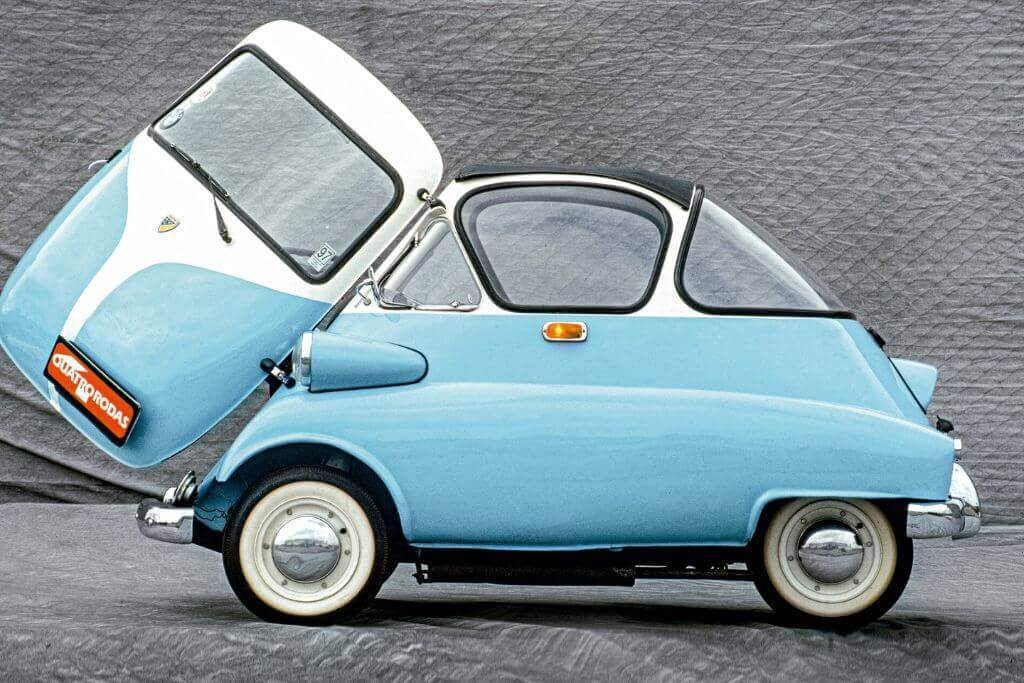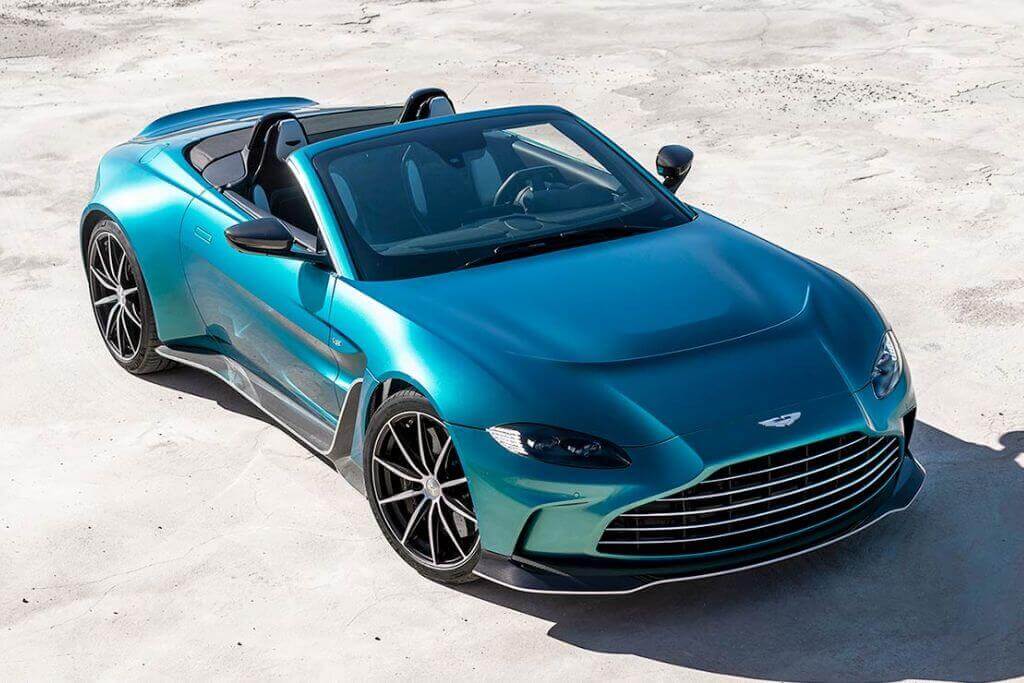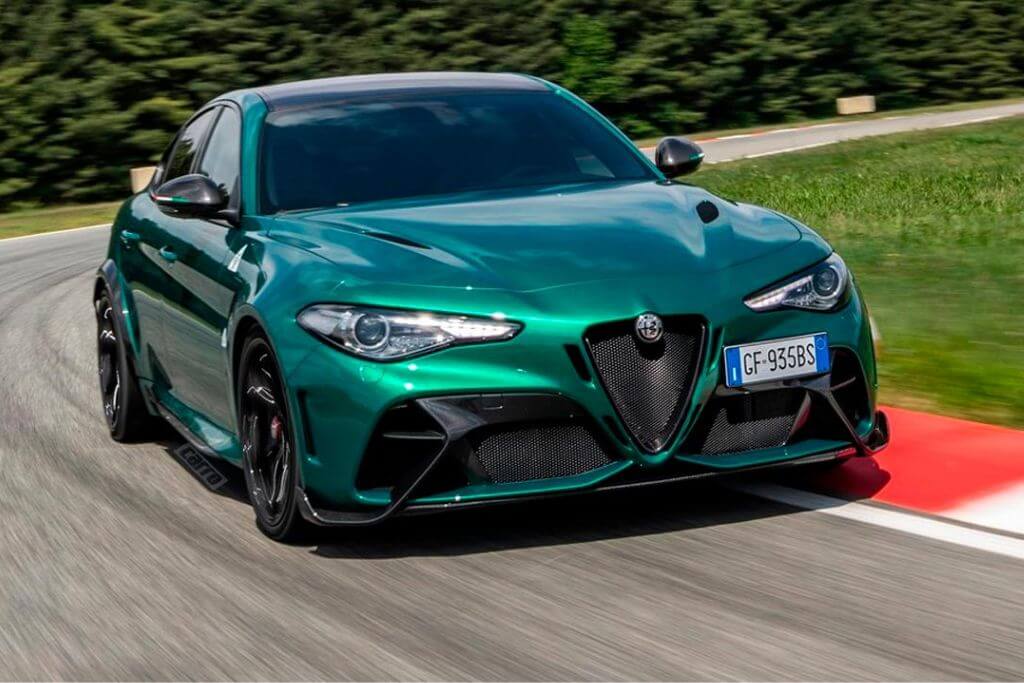Find out more about Nissan and discover iconic models and curiosities about the Japanese company
Adverts
Nissan originated on 11 December 1933 in Japan as a vehicle manufacturer resulting from the merger between Tobata Casting Co., Ltd. and Nihon Sangyo Co., Ltd.
The resulting group was initially named Nihon Sangyo Co., Ltd, later changed to Nissan Motor Co., Ltd.
Throughout the 1950s and 1960s, the company expanded its global presence, exporting cars to the West and acquiring Prince Motors in 1966.
Adverts
The company has gained prominence for its range of compact and economical models, as well as for its high-performance sports cars.
Exporting cars to the West in the 1950s was a milestone for the brand, consolidating its reputation for compact and efficient models, exemplified by the success of the Datsun 240Z.
In 1999, Renault partially acquired Nissan, forming the Renault-Nissan-Mitsubishi Alliance.
The brand has become known for its efficient and affordable cars, such as the Versa compact range, and also for its outstanding sports cars, including the GT-R.
In addition, Nissan is recognised for its leadership in the electric vehicle sector, highlighted by the launch of the Nissan LEAF, one of the first mass-produced electric cars.
Quick Index:
The most iconic Nissan
The highlight of the company's cars is undoubtedly the Nissan GT-R. Its debut in 1969 marked the beginning of a remarkable trajectory, characterised by the fusion of sporting performance and cutting-edge technology.
The 1999 GT-R R34 version, in particular, gained popularity by appearing in various video games, games and films, such as the Fast and Furious franchise, becoming a real sensation.
You might be interested:
- Receivables: how to claim on time
- All about the Winter Bono
- Get to know the Permanent Family Allowance
Over the years, the GT-R has evolved to become one of the most coveted vehicles globally, thanks to its impressive acceleration capabilities, precise handling and futuristic design.
The contemporary GT-R is powered by a 3.8-litre V6 biturbo engine, delivering a robust 565 horsepower and 467 lb-ft of torque.
Equipped with a six-speed dual-clutch transmission, all-wheel drive and a host of advanced technologies, including safety and driving assistance systems.
In addition to its spectacular performance, the GT-R also stands out for its striking aesthetics, combining futuristic lines with classic elements. This unique synergy of performance, technology and style solidifies the GT-R's position as the brand's most iconic car.
Nissan and racing
The company's history in automotive competition is extensive and covers a variety of disciplines, from street racing to rallying and endurance competitions. Some of Nissan's most notable competition entries include:
24 Hours of Le Mans: The brand has been present at several editions of the renowned endurance race, standing out with its GT-R LM Nismo racing car.
Super GT: Nissan is a protagonist in the Japanese Super GT series, where various models such as the GT-R and Fairlady Z have competed over the years.
V8 Supercars: The brand was also present in the Australian touring car series, competing with the Altima V8 Supercar.
IMSA WeatherTech SportsCar Championship: The brand actively participated in the American endurance racing series, presenting the Nissan DPi.
The brand's participation in these competitions not only aims to win, but also serves as a platform to develop and test advanced technologies.
It also contributes significantly to promoting the brand and its range of high-performance vehicles. To this day, the brand's cars maintain a prominent presence in motor races around the world.
Curiosities
Here are some fascinating facts about Nissan:
Origin of the name: Originally founded as Datsun in 1911, the company changed its name to Nissan in 1934.
Innovation: Recognised for its innovation, the company was the first Japanese carmaker to introduce an electric car, the Nissan LEAF, in 2010.
Commercial Cars: Nissan is one of the world's largest commercial car manufacturers, covering a wide range of vehicles such as lorries, buses and SUVs.
Classic models: The brand has a range of classic models, such as the 240Z and Skyline, which are highly valued by collectors and vintage car enthusiasts.
Global presence: As a global company, the brand operates factories all over the world, including Japan, the USA, Mexico, the UK, France and other countries.
Strategic Partnerships: The company has established several partnerships and strategic alliances with other carmakers, such as Renault, Mitsubishi and Daimler.
Commitment to Sustainability: Nissan demonstrates a strong commitment to sustainability, investing in green technologies such as electric cars and implementing energy efficiency programmes in its manufacturing facilities.
Conclusion
In short, the Nissan stands out as a globally renowned automotive brand with a history rich in innovation and pioneering spirit. From its origins as Datsun to becoming a leader in electric cars, the brand demonstrates a continuous ability to adapt and evolve.
Its global presence, strategic partnerships and commitment to sustainability solidify its role as an influential and progressive vehicle manufacturer.
The diversity of models, from coveted classics to high-performance commercial and sports cars, highlights Nissan's versatility and lasting impact on the automotive industry.
You may also be interested:
- Receivables: how to claim on time
- All about the Winter Bono
- Get to know the Permanent Family Allowance
Did you like this content? Share it with your loved ones and save it to your favourites for future reference















